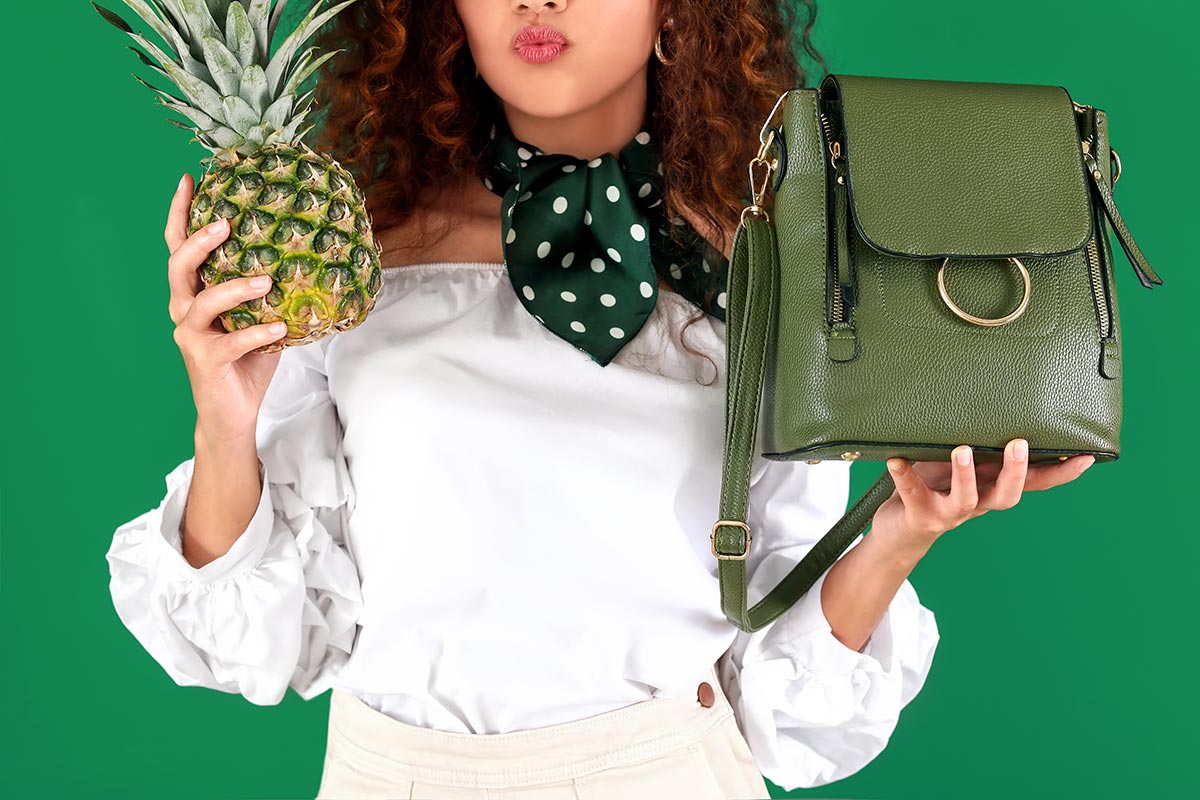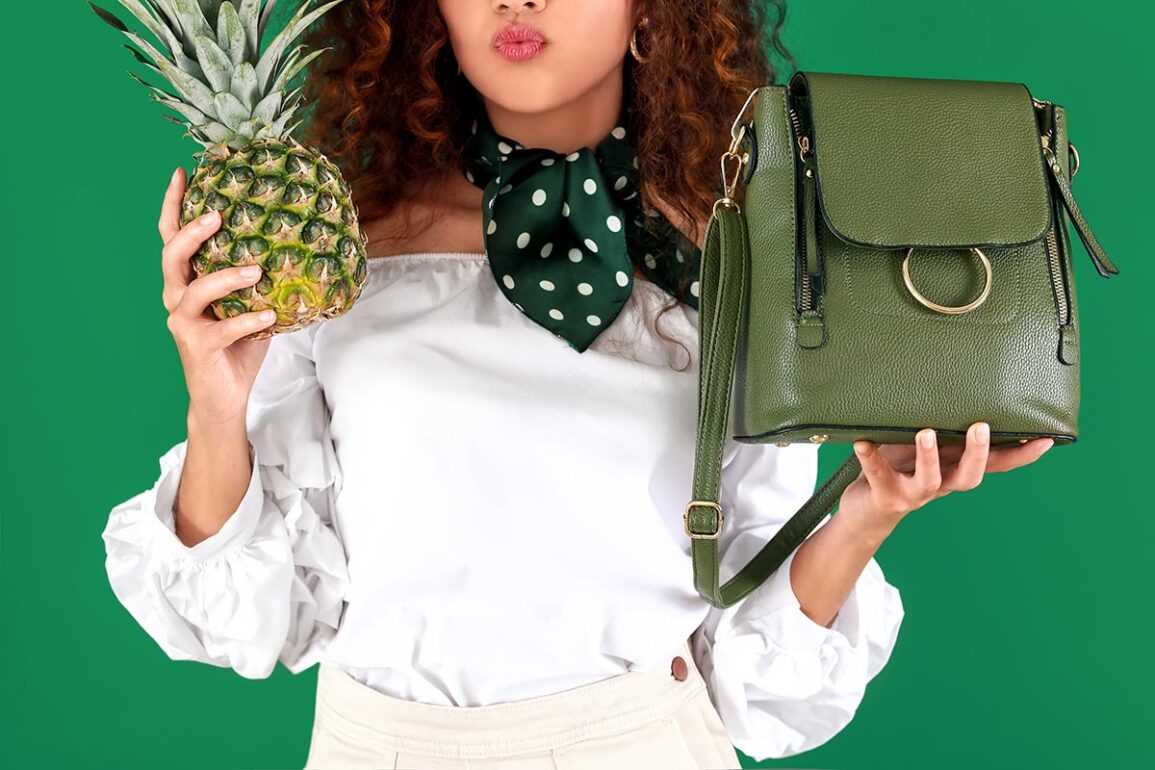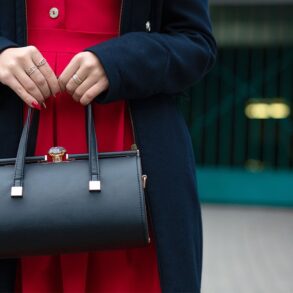
Derived from the prickly pear cactus, this unique material offers a solution to both environmental concerns and economic upliftment. Harvested from parts of the cactus that are often overlooked, cactus leather creates supplementary income for growers while mitigating agricultural waste.
Plus, the cacti are farmed without any chemicals, meaning the local biodiversity is preserved and the product is 100% organic.
How it’s made: The process begins with the collection of cactus pads, which are then cleaned and processed to extract the fibrous pulp. Utilising specialised machinery, local communities manually extract the fibers.
The extracted fibers undergo a meticulous degumming process and are subsequently woven into a versatile mesh, which is then expertly rolled together. Any residual waste is ingeniously repurposed to create biofuel, making this material even more sustainable as nothing is wasted.
The cacti plants are harvested every six to eight months, giving the plant time to regenerate itself which enables the process to be sustainable.
Qualities: Mirroring animal skin’s characteristics, cactus leather is durable, water resistance, and most importantly breathable – unlike synthetic leathers.. This biodegradable material is smooth to the touch with a luxurious feeling making it perfect for use in fashion, furnishings and more.
Best for: This versatile material finds its niche in furnishings and fashion alike, and has been used in footwear, handbags, and accessories. This innovative material has even been used by the likes of Karl Lagerfeld, who created a vegan leather version of the iconic K/Kushion bag using cactus as a cruelty-free alternative to animal skin.
Where to buy: Pioneered by Mexican fashion tech company Desserto, it was first showcased in Milan in 2019. Since then, Desserto has partnered with the likes of H&M, Givenchy, and Adidas to create sustainable fashion collections, shoes, and even vegan boxing gloves.
The company has also collaborated with Mercedes Benz and BMW to offer vegan leather seating in a bid to “contribute to sustainability in the automotive industry”.







